Minimalist vs Maximalist Web Design is one of the most talked-about debates in the digital space as we head deeper into 2025. With attention spans shrinking and aesthetic expectations rising, designers and brands are split between two distinct styles: the clean, focused power of minimalism and the bold, expressive energy of maximalism. But which one truly reigns supreme in today’s user-driven, SEO-conscious, and brand-focused web ecosystem?
Let’s explore the strengths, weaknesses, and future of each design philosophy—and find out which one wins in 2025.
1. Why This Debate Matters More Than Ever
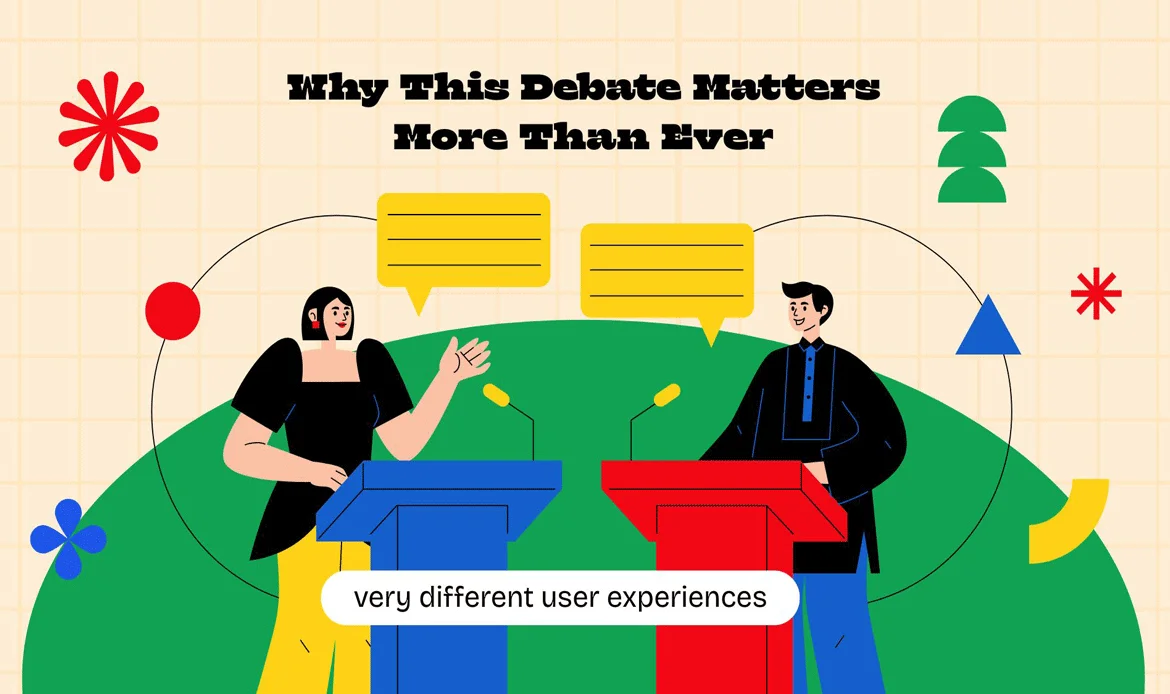 As web users grow more selective, Minimalist vs Maximalist Web Design is no longer just about visual appeal it’s about strategic impact.
As web users grow more selective, Minimalist vs Maximalist Web Design is no longer just about visual appeal it’s about strategic impact.
Minimalist and maximalist designs deliver very different user experiences, and choosing the wrong one can mean lost conversions, low engagement, and poor retention.
With billions of websites online, clarity and boldness both have their place but not simultaneously.
2. Minimalist Web Design in 2025: Clean, Calm, and Conversion-Focused

Minimalism strips away the noise and highlights what matters most: your message. It’s about breathing room, clarity, and trust.
Emerging trends in Minimalist vs Maximalist Web Design reflect how form and function are evolving together in 2025:
- Glassmorphism and soft shadows.
- Grayscale palettes with a pop of color.
- Typography-driven layouts.
- Lightning-fast load times.
- One-scroll storytelling.
ii) How It Works:
- Higher page speed = better SEO.
- Seamless mobile and smartwatch experiences.
- Better focus on CTAs and forms.
- Reduces decision fatigue for users.
Think of brands like Apple, Notion, or Stripe they let simplicity sell.
3. Maximalist Web Design in 2025: Bold, Expressive, and Brand-Centric
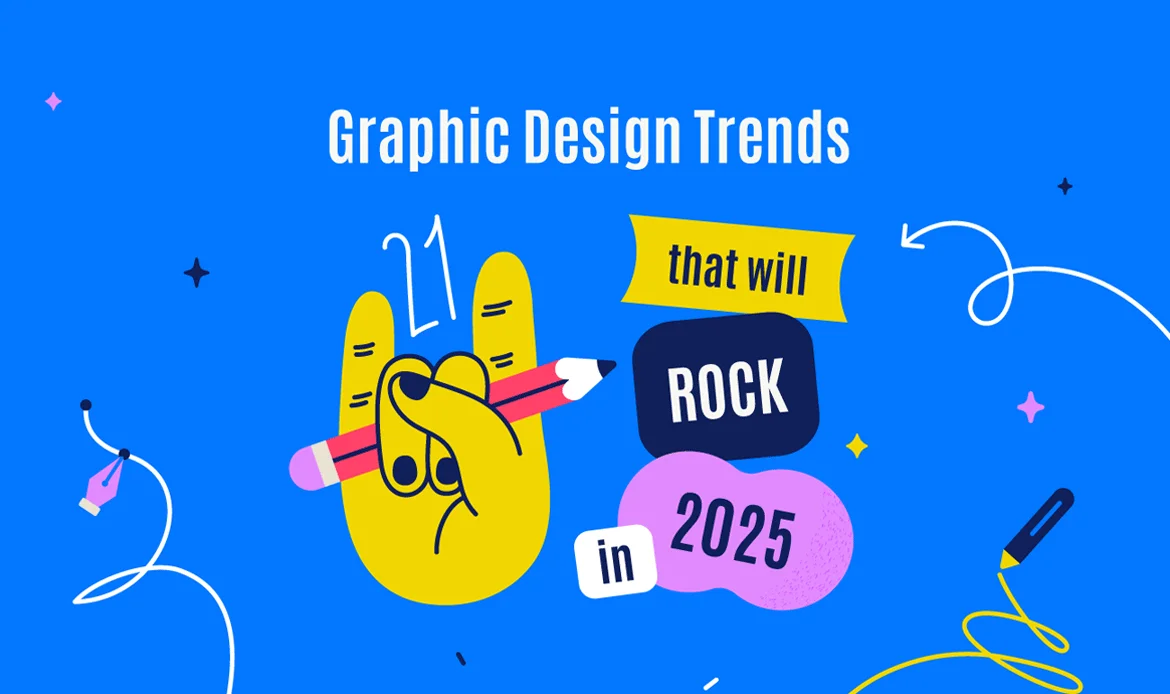
Maximalism invites users into a visual world. It’s emotional, eclectic, and often unforgettable.
i) 2025 Trends in Maximalism:
- Vivid gradients and 3D animations.
- Layered scroll effects.
- Dynamic typography.
- Mood-driven color schemes.
- Interactive storytelling and micro-movies
ii) Why It Works:
- Higher brand recall.
- Stronger visual identity.
- Encourages exploration and interaction.
- Ideal for Gen Z and expressive brand audiences.
Think of websites like Gucci, Spotify Wrapped, or Nike campaigns they don’t whisper, they roar.
4. SEO, UX & Accessibility: Who Wins Technically?
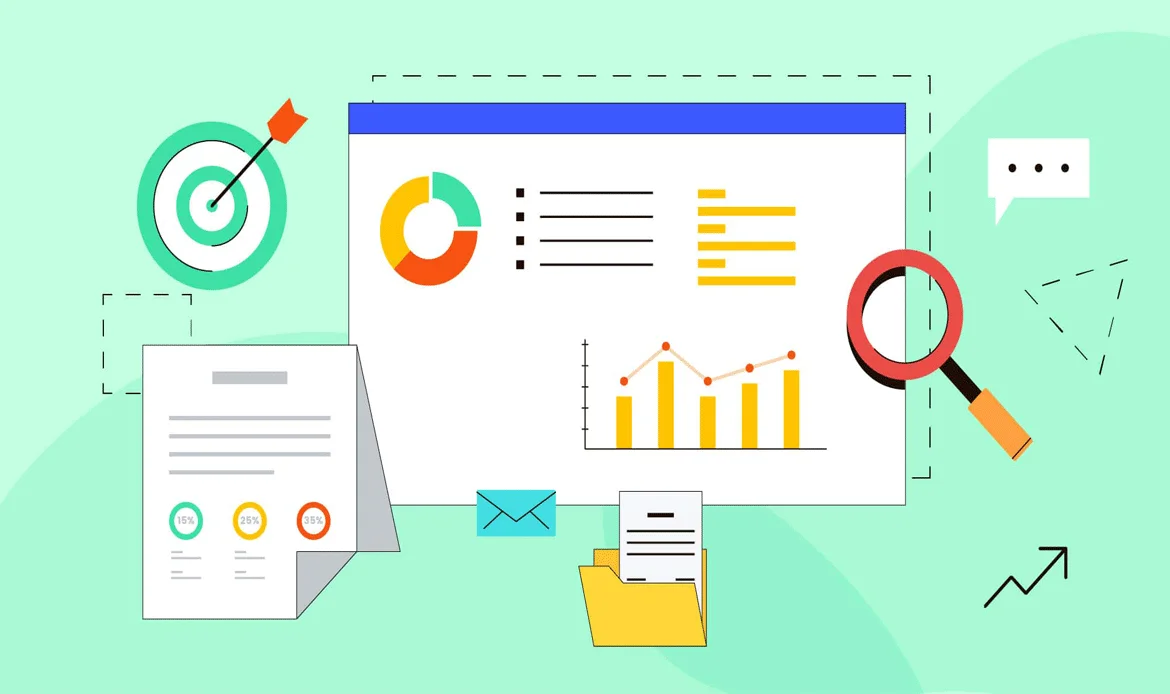
| Feature | Minimalist | Maximalist |
|---|---|---|
| Page Load Speed | Faster | Often heavier |
| SEO Optimization | Easier | Requires careful structuring |
| Mobile Friendliness | Smooth | Needs responsive rework |
| Accessibility | Clear contrast | Must manage complexity |
Verdict:
When comparing Minimalist vs Maximalist Web Design, each style offers unique strengths depending on your website’s goals:
- Minimalism wins on speed, SEO, and clarity.
- Maximalism wins on emotion, brand power, and retention (if done right).
5. Real-World Success Stories (2025 Case Studies)

i) Minimalist Example: Notion.so
- Clean interface, intuitive UX.
- 120M+ monthly visits.
- 40% lower bounce rate after design simplification.
ii) Maximalist Example: Gucci.com
- Bold visuals, immersive storytelling.
- Increased user time on site by 65%.
- Campaign-led microsites go viral globally.
6. Pro Tip: The Future is Minimalist Structure + Maximalist Personality
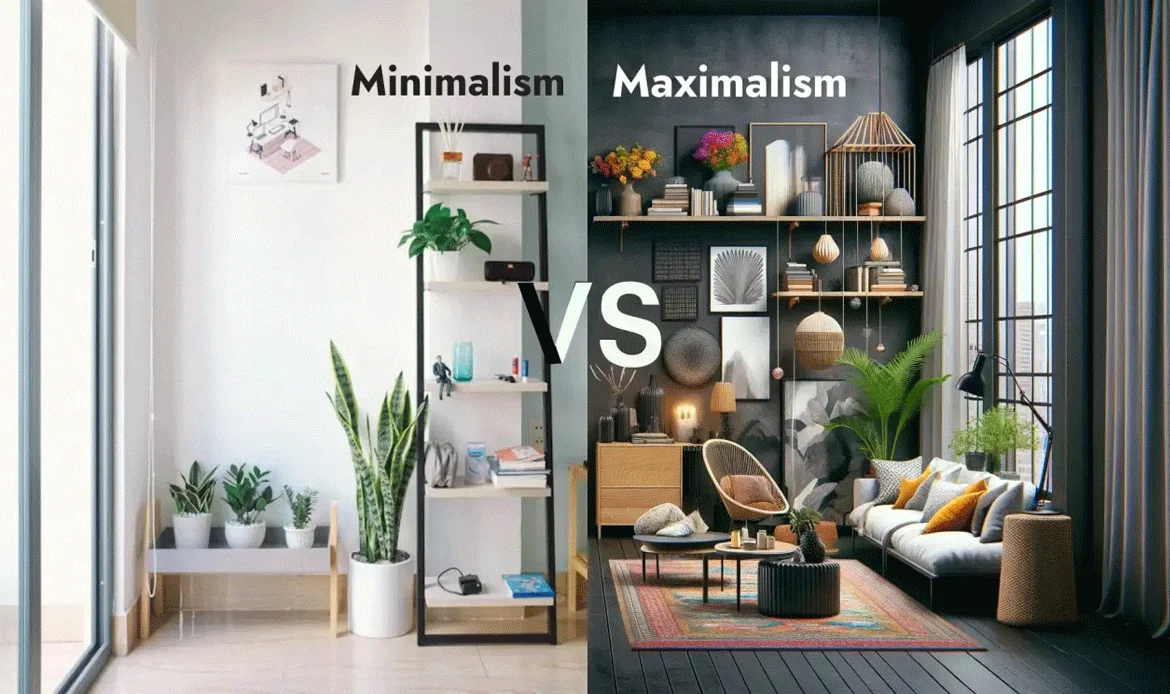
In Minimalist vs Maximalist Web Design, 2025’s winning formula isn’t choosing one—it’s blending both.
Here’s how:- Use minimalist structure to keep UX frictionless.
- Add maximalist flourishes (like animations or vibrant visuals) to capture attention.
- Let brand voice dictate balance—your identity decides your design.
This hybrid approach is already driving the highest-converting websites of the year.
7. What Users Actually Want (2025 Surveys)

In the debate of Minimalist vs Maximalist Web Design, user behavior speaks volumes.78% of users say they prefer clean designs but 66% say they remember bold ones more.
Source: UX Planet Report 2025
What this means:
- Clean gets the click.
- Bold gets the brand recall.
8. 2026 and Beyond: Design Will Be Smart, Adaptive & Contextual

AI-driven designs are on the rise—sites that change layout, color, and content based on user behavior or time of day.
Expect to see:
- Personalized themes per user
- Voice-command UI elements
- Motion as a standard UI element
And yes, both minimalism and maximalism will evolve into more context-aware experiences.
9. Final Verdict: Which Web Design Style Wins in 2025?
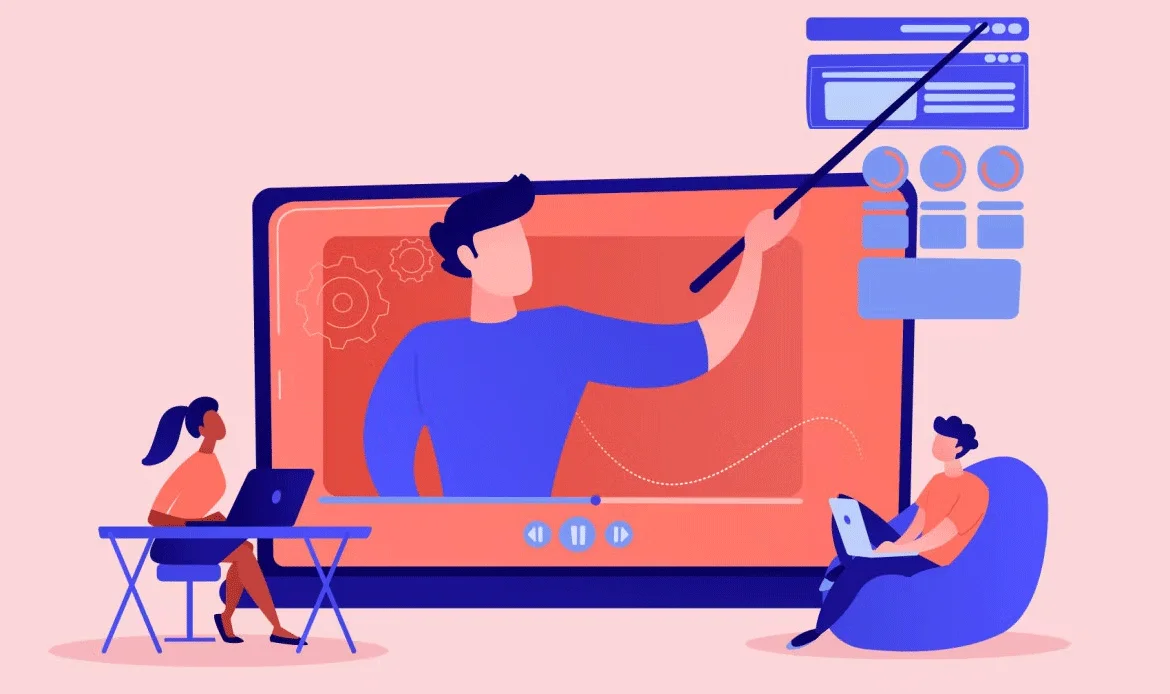
When making a decision in Minimalist vs Maximalist Web Design, align your choice with your brand goals:
- Choose Minimalism if you need clarity, conversions, and speed.
- Choose Maximalism if you need emotion, story, and uniqueness.
- Choose a smart fusion if you want the best of both worlds.
10. What Should You Do Now?
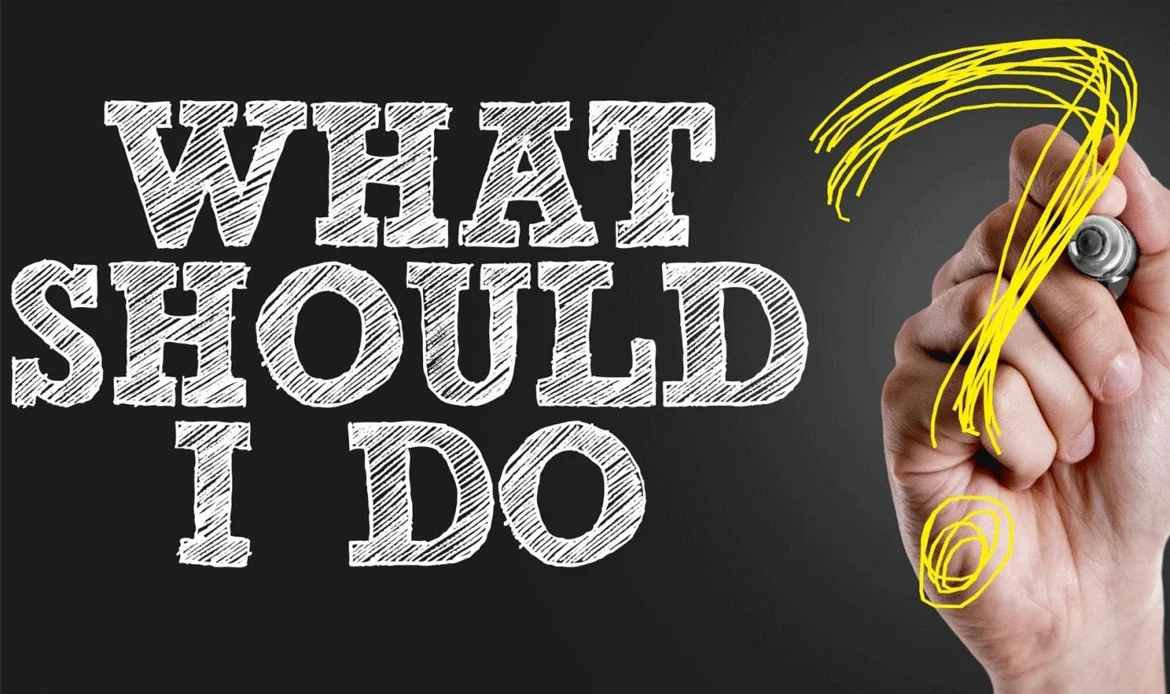
If you’re feeling uncertain about choosing between Minimalist and Maximalist Web Design, here’s a quick Q&A guide to help you move forward with confidence:
✔ How can I tell if my current design style is working?
Audit your current website. Is the layout aligned with your brand goals, core messaging, and user expectations? Look for signs like bounce rate, conversion drop-offs, and mobile responsiveness.
✔ Who is my website really for?
Define your audience personas Are your visitors more likely to appreciate clean, simple interfaces (minimalist) or visually rich, interactive experiences (maximalist)? Use analytics, surveys, or heatmaps to understand their behavior.
✔ Can I test both design approaches?
Absolutely. Run an A/B test. Create two homepage versions—one minimalist, one maximalist—and test them with real users. Use tools like Google Optimize, VWO, or Hotjar to measure performance.
✔ What metrics should I track?
Monitor key engagement metrics. Focus on bounce rate, time on site, scroll depth, click-through rates, and conversions. Let these data points guide your final design decision.
Final Tip: The right design isn’t just about visuals—it’s about how well it connects with your users and achieves your business goals.
Because in 2025, users don’t care about design trends—they care about experience.
Frequently Asked Questions About Modern Web Design Approaches
What are the main differences between minimalist and maximalist web design?
Minimalist web design focuses on simplicity, clean layouts, and limited color palettes, while maximalist design embraces bold colors, rich textures, and layered visuals. Each style appeals to different audiences and brand identities.
How do I decide whether to use a minimalist or maximalist approach for my website?
Choose based on your brand personality and audience. Minimalism works best for professional, elegant, or tech-focused sites, while maximalism fits creative, fashion, or entertainment brands that want to stand out visually.
Will minimalist or maximalist designs perform better for SEO and user experience in 2025?
Both can perform well when optimized correctly. Minimalist designs often load faster and provide better usability, while maximalist designs can improve engagement if balanced with performance optimization techniques.
Conclusion
Minimalist vs Maximalist Web Design will continue to be a defining conversation in 2025, as both styles offer unique strengths for different types of brands and audiences. While minimalist designs emphasize clarity, speed, and user experience, maximalist designs provide a rich, immersive visual experience that enhances brand storytelling and emotional engagement. Ultimately, the winner is not about choosing one over the other, but about strategically aligning the design approach with your brand goals, target audience, and the kind of experience you want to deliver. The future of web design is versatile—be bold, be clear, and make it work for you. Best Web Design Style 2025, Minimalist WordPressThemes or Maximalist WordPressThemes for businessBalance Simplicity and Creativity with Our 2025 Themes!
Explore how our premium WordPress themes bring balance between minimalist clarity and maximalist creativity in 2025. Whether you prefer clean, whitespace-driven layouts or bold, feature-rich interfaces, our themes are designed to match every creative vision.


